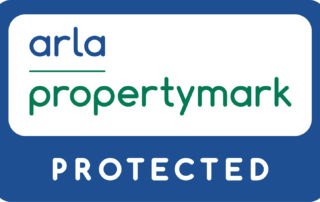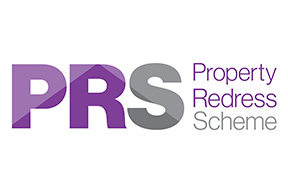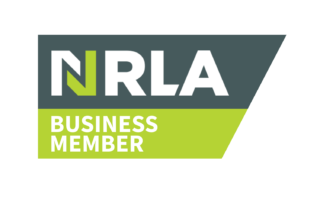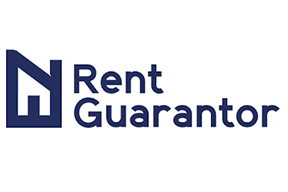-
As a landlord, you have many responsibilities when it comes to the safety of your tenants. One of the less well-known, but still vitally important, responsibilities is ensuring that your properties are free from Legionella bacteria. This is why a Legionella risk assessment is essential for any landlord. Here are some of the reasons why:
- It’s a legal requirement under UK Law
Landlords are required to assess the risk of Legionella in their properties and take appropriate measures to control any risks identified. Failure to comply with these regulations could result in legal action, including large fines and even imprisonment in certain cases.
- Legionnaires’ disease is a serious health risk
Legionella bacteria can cause a potentially fatal form of pneumonia known as Legionnaires’ disease. This disease can affect anyone but is particularly dangerous for older people, those with weakened immune systems, and heavy smokers. In many cases, the disease is contracted by inhaling small droplets of water contaminated with the bacteria. This could occur from inhaling water droplets from showers, hot tubs, or air conditioning units.
- Prevention is better than cure.
Although there is treatment available for Legionnaires’ disease, it can be difficult to diagnose and can lead to serious complications. Therefore, as a landlord, it’s important to take steps to reduce the risk of infection as much as possible. By conducting a Legionella risk assessment, you can identify any issues with your water supply that may increase the risk of Legionella growth. You can then take steps to address these issues, such as cleaning and disinfecting water systems or installing protective measures.
- Protect your tenants.
As a landlord, your tenants’ safety is your priority. By conducting a Legionella risk assessment, you can demonstrate that you are taking all necessary steps to protect your tenants from Legionnaires’ disease. In addition to protecting your tenants, conducting a Legionella risk assessment can also protect your reputation as a landlord. By ensuring that your properties are safe and free from Legionella bacteria, you can build trust with your tenants and attract new ones in the future. In conclusion, a Legionella risk assessment is an essential task for landlords. By identifying and controlling the risk of Legionella bacteria in your properties, you can protect your tenants’ health and avoid legal action. It’s a small but important step in ensuring the safety of your tenants and maintaining your reputation as a responsible landlord.
This also relates to Landlords; Section 3(2) of the Health and Safety at Work etc. Act 1974 places a duty on employers to ensure, so far as is reasonably practicable, the health, safety, and welfare at work of all their employees. This includes assessing the risks to health and safety arising from work activities and taking measures to control those risks.
The Control of Substances Hazardous to Health (COSHH) Regulations 2002 provides a framework for managing the risks posed by hazardous substances in the workplace, including Legionella bacteria.
Legionella risk assessments are an essential part of managing the risk of Legionnaires’ disease in workplaces. They involve identifying and assessing the sources of water that could potentially be contaminated with Legionella bacteria, evaluating the risk of exposure to employees and other people who could be affected by the water system, and implementing appropriate control measures to reduce the risk of infection.
Such assessments should be carried out by a competent person who has the necessary knowledge, skills, and experience to carry out the assessment and recommend appropriate control measures. The risk assessment should also be reviewed regularly to ensure that it remains up-to-date and effective in managing the risk of Legionella bacteria.
References:
- Section 3(2) of the Health and Safety at Work etc. Act 1974. Available at: https://www.legislation.gov.uk/ukpga/1974/37/section/3
- Control of Substances Hazardous to Health (COSHH) Regulations 2002. Available at: https://www.legislation.gov.uk/uksi/2002/2677/contents/made
- Health and Safety Executive. Legionnaires’ disease: A guide for employers. Available at: https://www.hse.gov.uk/pubns/indg458.pdf
If you want to know more about it, contact us here.
Stay in touch with all our latest news!
Sign up to our newsletter to receive the very latest information.
















